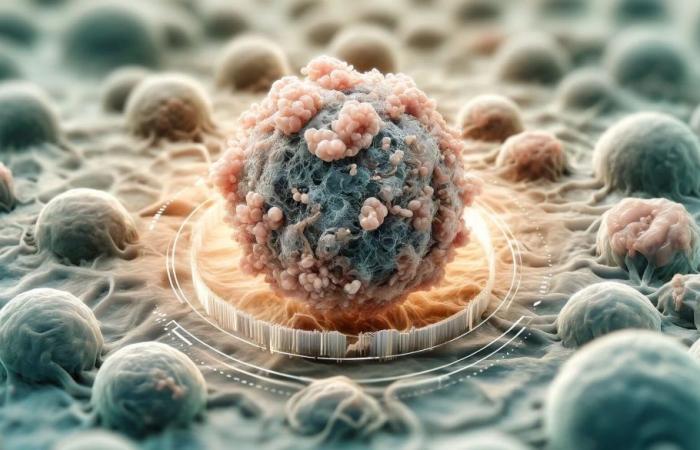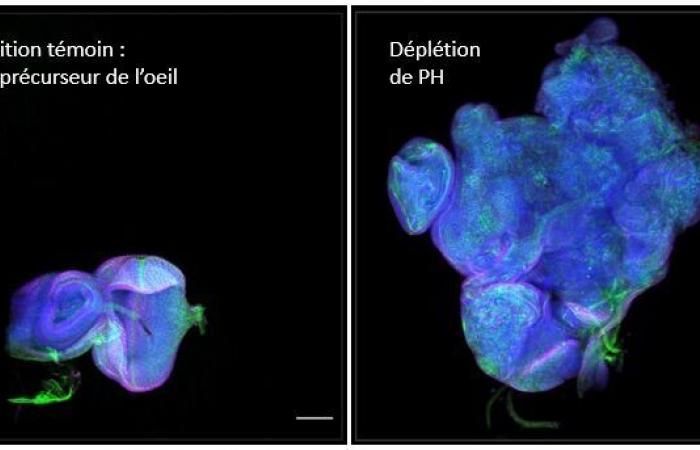ZAP // Dall-E-2
A new study reveals that cancer can develop exclusively from epigenetic changes, challenging the conventional belief that genetic mutations are necessary for the disease.
A team of researchers from the CNRS / Institut de Génétique Humaine, in Montpellier, France, discovered that cancer, one of the main causes of death worldwide, can be caused entirely by epigenetic changes.
Epigenetic changes can affect how genes are turned on or off, but they do not modify the DNA sequence itself.
They are reversible and often influenced by environmental factors, such as diet, stress and exposure to toxins, and explain in part why, despite an identical genome, an individual develops very different cells, such as neurons, skin cells, etc.
Although there are already studies describing the influence of these processes in the development of cancer, this is the first time that scientists have demonstrated that genetic mutations are not essential for the onset of the disease.
This discovery forces us to reconsider the theory which, for more than 30 years, assumed that cancers are predominantly genetic diseases necessarily caused by DNA mutations that accumulate at the genome level — in practice, the idea that the main cause of cancer would be bad luck.
To demonstrate this, the research team focused on epigenetic factors that can alter gene activity, explains a statement published on the CNRS website.
By causing epigenetic dysregulation in flies Drosophilaand then restore cells to their normal state, scientists discovered that a part of the genome remains dysfunctional.
This phenomenon induces a tumor state that remains autonomous and continues to progress, keeping the cancerous state of these cells in memory, despite the signal that caused it has been restored.
The authors of the new study focused on epigenetic factors called Polycomb proteinswhich regulate the expression of key genes and which are deregulated in many human cancers.
When these proteins are removed experimentally, the activity of the targeted genes is disrupted: some can activate their own transcription and self-maintain.
Giacomo Cavalli
Example of a tumor obtained by reducing the expression levels of a Polycomb protein
When Polycomb proteins are reintegrated into the cell, a subset of genes is resistant to proteins and remains dysregulated during cell division, allowing the cancer to continue its progression.
The results of the study, which were published this Wednesday in the journal Natureopen new therapeutic avenues in oncology — and prove that, after all, cancer can not be a matter of bad luck.









